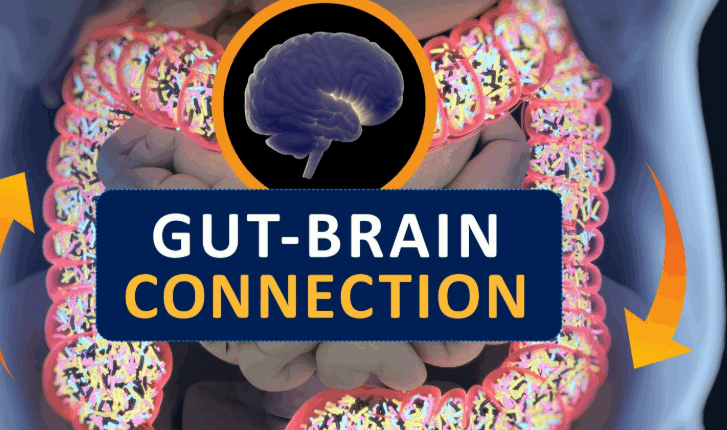Gut-Brain Connection: How Your Digestive System Influences Your Mood and Mental Health
Introduction
We often hear the phrase “trust your gut,” but few realize just how literal that advice may be. In recent years, scientific research has revealed a powerful connection between the gut and the brain—often referred to as the gut-brain axis. Far beyond digestion, your gut plays a pivotal role in regulating emotions, mood, and even mental health disorders. This fascinating communication network is changing the way we view both physical and psychological well-being.
The Science Behind the Gut-Brain Axis
The gut-brain axis is a two-way communication system between the gastrointestinal tract and the central nervous system. This includes:
- Neural pathways via the vagus nerve, which sends signals in both directions.
- Chemical signaling through neurotransmitters like serotonin and dopamine.
- Immune system interactions, as 70% of the body’s immune cells reside in the gut.
- The microbiome—a vast ecosystem of trillions of bacteria that live in the digestive tract.
Interestingly, about 90% of serotonin, the “feel-good” neurotransmitter, is produced in the gut, not the brain.
Mental Health and the Microbiome
Imbalances in gut bacteria—called dysbiosis—have been linked to mental health conditions such as:
- Anxiety
- Depression
- Autism spectrum disorders
- Cognitive decline and Alzheimer’s disease
Some studies have even shown that taking probiotics or eating fermented foods can improve mood and reduce symptoms of anxiety and depression, supporting the idea that our mental health is deeply influenced by our gut health.
Diet and Mood: What You Eat Affects How You Feel
A poor diet—high in sugar, processed foods, and low in fiber—can negatively impact your gut bacteria, leading to inflammation and mood disorders. Conversely, a gut-friendly diet can boost mental well-being. Consider these food choices:
- Prebiotic-rich foods: garlic, onions, bananas, oats
- Probiotic foods: yogurt, kefir, kimchi, sauerkraut
- High-fiber foods: legumes, whole grains, vegetables
- Anti-inflammatory foods: berries, leafy greens, fatty fish
Stress, Sleep, and the Gut
Stress and sleep disturbances also impact gut health. Chronic stress alters the gut microbiome and increases intestinal permeability (a.k.a. “leaky gut”), which may lead to systemic inflammation and mood disorders. Practicing mindfulness, meditation, and getting adequate sleep can improve both gut and brain function.
The Future of Mental Health Treatment?
Researchers are now exploring “psychobiotics”—specific probiotics designed to support mental health—as potential treatments. This field is still emerging, but the early results are promising. One day, treating anxiety or depression might involve both therapy and a personalized gut health plan.
Conclusion
The gut-brain connection is a groundbreaking area of health science that reminds us how interconnected our bodies truly are. Taking care of your digestive system might just be one of the best things you can do for your mind. So next time you’re feeling low or stressed, consider checking in with your gut—it might be trying to tell you something.


